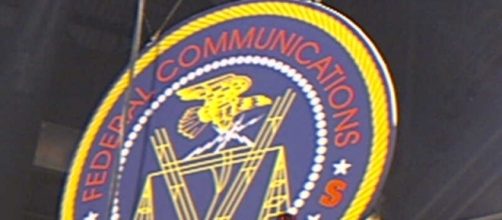On June 23, the Federal Communications Commission (FCC) proposed a fine of $120 million on a scammer who allegedly made nearly 96 million spoofed robocalls in a span of three months to scam people into purchasing vacation packages. Although the FCC has proposed a fine for Adrian Abramovich, the federal agency will grant him a chance to present his case before the issue of the final decision.
How were consumers duped?
According to the FCC, the robocalls always came from local numbers and instructed the responders to “press 1” to get to know about exclusive vacation deals from popular hotels and resort chains such as, Hilton, Marriott, TripAdvisor, and Expedia.
The recipients of the calls who responded were transferred to overseas call centers where live operators tried to convince them to buy vacation packages that usually involved timeshares. The Washington Examiner reports that the foreign call centers were in no way associated with the popular “travel and hospitality companies mentioned in the recorded message."
Mexican-based call centers associated with scammer
Although the responders of the message were promised exclusives from popular hospitality chains, in reality they were redirected to Mexican-based call centers, which were involved in selling timeshares and vacation packages to many timeshare facilities. Abramovich was in contract with the agencies who wanted him to provide the call generated by his robocall operation.
He was paid on a daily basis for the varying amount of calls that the centers received.
Investigations against Abramovich started in 2016 after the FCC was notified of the scam by TripAdvisor, one of the hospitality organizations mentioned in the recorded message. A citation that was issued to Abramovich charges him of infringing the Telephone Consumer Protection Act's robocall limits.
96,758,223 robocalls made
In the FCC meeting held on June 22, the chairman of the federal agency, Ajit Pai, stated that Abramovich made 96,758,223 robocalls between October 1 and December 31, 2016. FCC investigators have evaluated and scrutinized the details of all the robocalls with the help of a software and currently possess "hand-verified" evidence of the dupe in more than 80,000 calls.
Investigators found that the scammer tweaked each robocall to display a local number and preyed majorly on the elderly, who were ready to spend a few thousand dollars for exclusive vacation packages. According to the commission, the scammer lives in Miami and has created 12 corporations in Florida over the last two decades.


